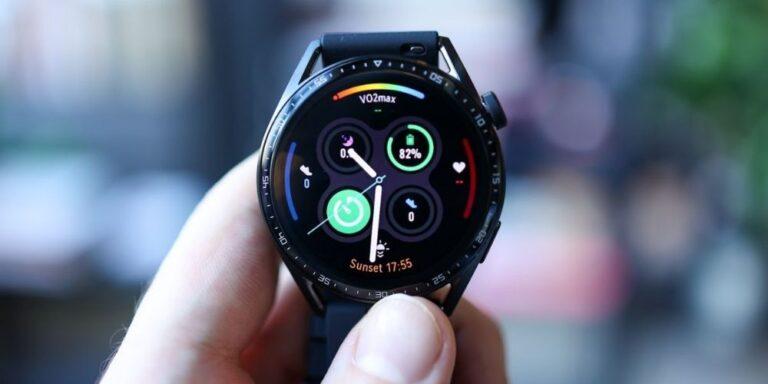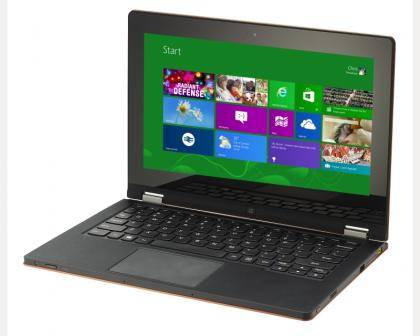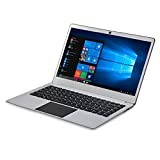Dell XPS 13 (2016) review: Refined perfection
News update: New Dell XPS 13 launched
Stop what you're doing! The review below is no longer the most up-to-date XPS 13. Oh no, there's a 2018 model now doing the rounds, and it offers the biggest shakeup in the range for quite some time.
Queue the XPS 13 2018, a drastic departure from the XPS formula we've grown accustomed to in recent years. This updated model not only has the newest Intel Core processor – that's certainly no surprise – but is the slimmest and lightest it's ever been, and has seen a bit of a design change.
Don't worry, the excellent InfinityEdge display is still there – although it's now slightly-less reflective – and well, the webcam is still as awkwardly placed as ever.
You can read my initial thoughts about the 2018 XPS 13 here , and stay tuned for my full review in the near future.
Dell XPS 13 (2016) review
There are plenty of reasons why I’ve been so protective of my 2015 XPS 13 over the past year. As the only member of Expert Reviews to not be using a MacBook Pro , the XPS 13 is still my definition of the nigh-on–perfect Windows laptop. The thought of swapping it for something else genuinely never crossed my mind. Well, not until now.
I didn’t expect Dell to improve on it with its latest refresh , but I was wrong. Put the two models side by side, and there’s barely a jot of difference between them. But for the fact that the new, improved XPS 13 is varnished in a warm rose gold, rather than the gunmetal-grey finish of my own, I’d have been left playing an almost-impossible game of spot the difference.
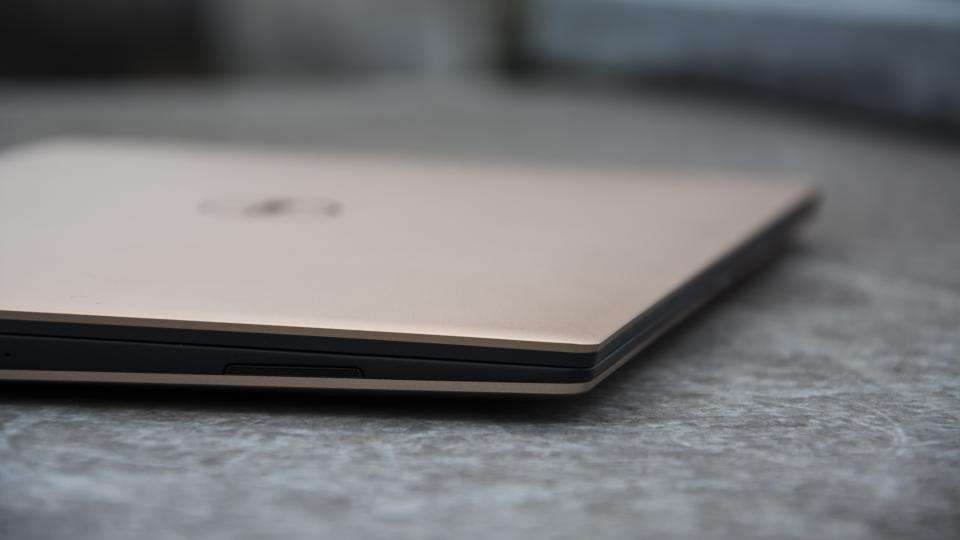
Despite looking outwardly identical to its predecessor, the XPS 13 is still a beautiful laptop in 2017. The lid tapers towards the front edge when it's closed, measuring just 15mm at its thinnest edge, and as it weighs in at 1.29kg, it’s still plenty light enough to carry around every day.
Dell genuinely hasn’t changed a thing. That solitary Thunderbolt-powered USB Type-C port can still be spotted on the left edge and is accompanied by two regular USB 3 ports, an SD card slot and 3.5mm headset jack.
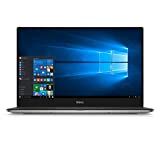
Dell XPS 13 (2016): Performance and battery life
By far the biggest improvement is hidden inside. The new XPS 13 now comes equipped with a seventh-generation Intel Core i7-7500U processor clocked at 2.7GHz. This quad-core Kaby Lake chip is quite the performer, too, scoring a total of 50 in our demanding 4K benchmarking tests – a result that makes it 9% faster than last year’s model.
That’s only a modest performance improvement – indeed, it may have fared a little better if Dell has given us the maximum 16GB of RAM – but it’s no slouch. My last-gen XPS has started buckling under the pressure once I open too many Chrome tabs at once, but I’ve had no such issues with Dell’s latest.
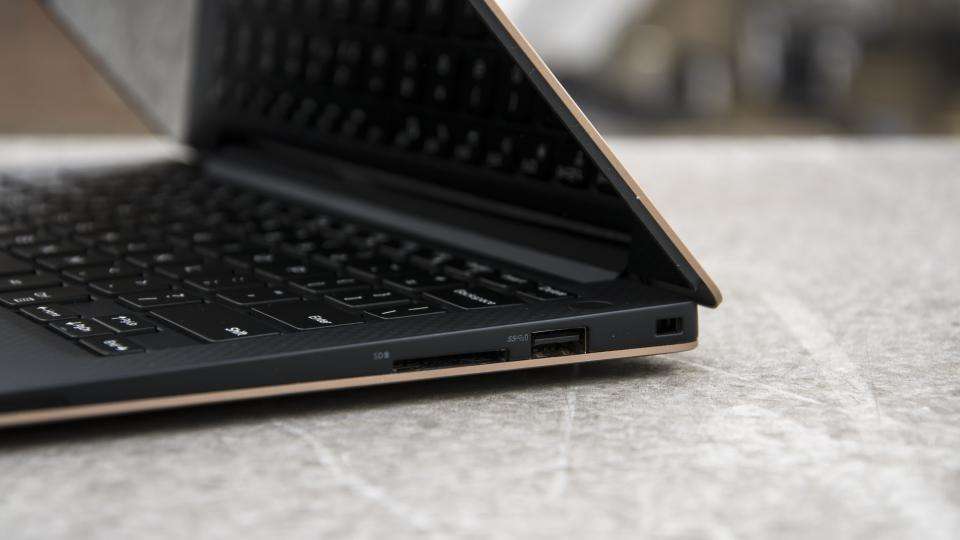
Don’t expect to do much gaming, though. While there’s enough power to keep Minecraft ticking along, Intel’s integrated HD Graphics 620 chip only has a limited amount of horsepower at its disposal. It is very marginally quicker than the previous generation, but you’ll need to drop the resolution and detail settings right down if you want to get more recent games in your Steam library to run at a decent frame rate.
Battery life, on the other hand, is far from an improvement. This is the third Kaby Lake-powered laptop I’ve tested so far, and already I’m beginning to spot a worrying trend. Lasting just 7hrs 46mins away from the wall socket is verging on unacceptable, especially when 2015’s XPS 13 reached 11hrs 30mins. There’s a clear power-efficiency issue here and I suspect that power-hogging QHD+ screen could be the culprit.
Dell XPS 13 (2016) review: Display
It might not do wonders for battery life, but the QHD+ display is a sight to behold. The super-skinny “Infinity Edge” bezel looks great, and image quality is gorgeous. The 13.3in, 3,200 x 1,800 display covers 92% of the sRGB colour gamut, which makes for gloriously intense colours, and the contrast ratio of 1,109:1 provides oodles of detail from the darkest to the brightest corners of the screen. The only downside is that the display’s peak brightness of 290cd/m2 isn’t quite bright enough for use outside on brighter days.
An optional touchscreen is also part of the package, but while it can come in handy in some instances – such as juggling between multiple Chrome tabs – it’s more of a luxury than a necessity. It also adds 90g to the non-touch XPS 13’s 1.2kg starting weight.
Dell XPS 13 (2016) review: Keyboard and touchpad
Thankfully, there haven’t been any significant changes to the keyboard. The keys are nicely spaced, and there’s just the right amount of movement and feedback to be had with each keystroke. Backlighting still comes as standard, too.
The touchpad is well-sized, at least as far as the XPS 13’s slender chassis permits. Windows 10 multi-touch gestures were performed without any slip-ups, and it’s easy to jump between multiple applications with relative ease. I wasn’t even tempted to plug in a USB mouse while working in Photoshop – it’s that good. It does seem to pick up greasy fingerprints a little too easily, though.
One thing that Dell really should have fixed is the XPS 13’s awkwardly placed webcam. It’s still located at the bottom left of the display, which means that getting a suitable angle for video chats is still tricky – flattering it is not.
Dell XPS 13 (2016) review: Verdict
Dell’s latest XPS 13 cements its position as the best Windows ultraportable there is. Battery life remains a sticking point, but with this near-perfect mixture of price, performance and portability, there’s nothing else to match it. Or at the very least, nothing that hasn’t got an Apple logo on it.
If you’ve already got last year’s model, then there aren’t enough improvements here to justify an upgrade. But if you’re searching for the most refined Windows laptop on the market, then Dell’s new XPS 13 is the one to buy.
|
Core specs |
|
Processor |
Quad-core 2.7GHz Intel Core i7-7500U |
|
RAM |
8GB |
|
Memory slots (free) |
2 (1) |
|
Max memory |
16GB |
|
Dimensions |
15 x 304 x 200mm |
|
Weight |
1.29Kg |
|
Sound |
Realtek HD Audio (3.5mm headset port) |
|
Pointing device |
Touchpad |
|
Display |
|
Screen size |
13.3in |
|
Screen resolution |
3,200 x 1,800 |
|
Touchscreen |
Yes |
|
Graphics adaptor |
Intel HD Graphics 620 |
|
Graphics outputs |
1 x USB-C |
|
Graphics memory |
1GB |
|
Storage |
|
Total storage |
256GB SSD |
|
Optical drive type |
N/A |
|
Ports and expansion |
|
USB ports |
2x USB3, 1x USB-C |
|
Bluetooth |
4.1 |
|
Networking |
802.11ac wireless |
|
Memory card reader |
SD |
|
Other ports |
N./A |
|
Miscellaneous |
|
Operating system |
Windows 10 Home |
|
Operating system restore option |
Restore partition |
|
Buying information |
|
Parts and labour warranty |
|
Price inc VAT |
£1,329 |


